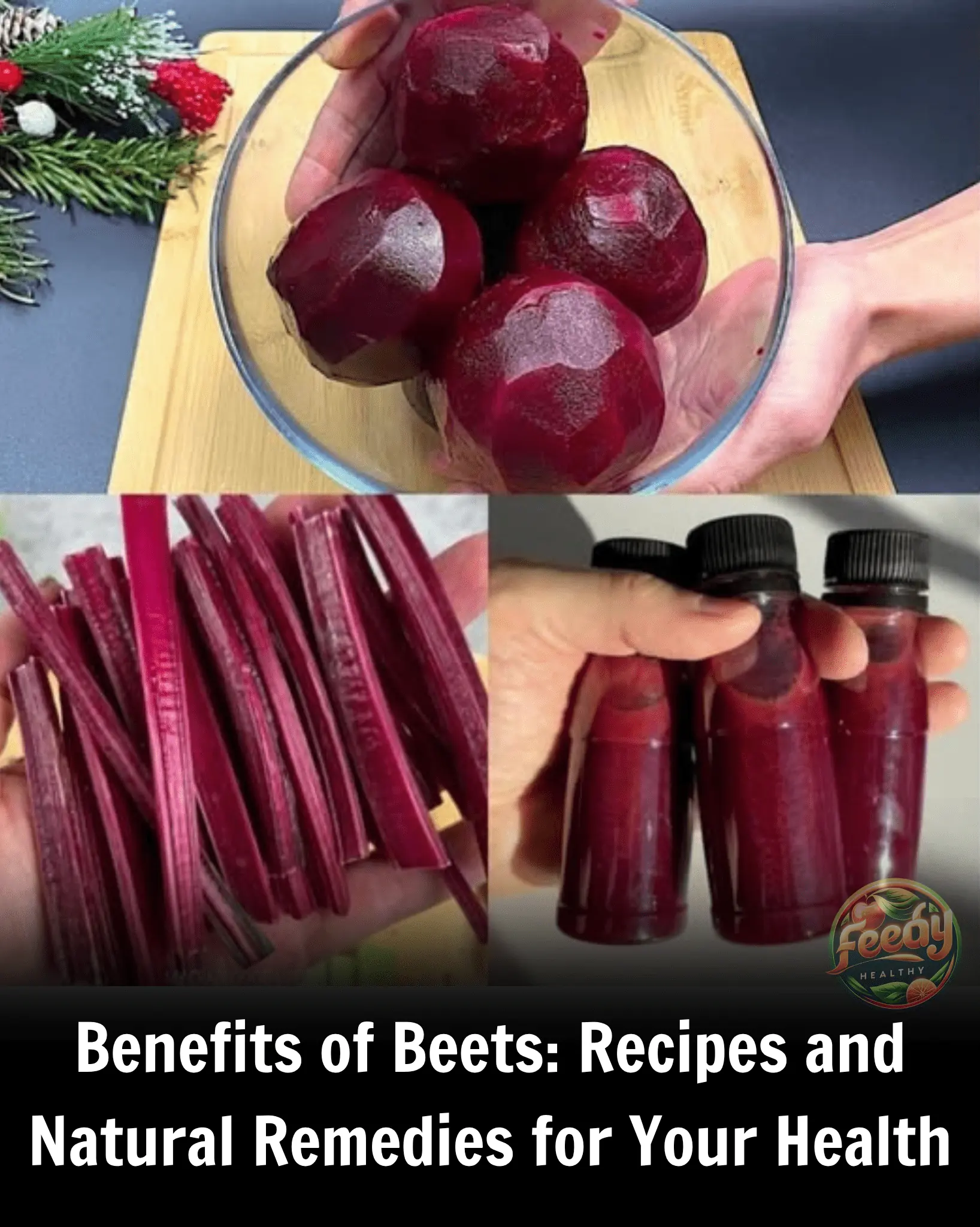
Owls: Night Guardians and Their Connection to Your Home
Did you know that owls often circle around your home once night falls? These fascinating nocturnal birds are not only a captivating sight but also play a crucial role in the ecosystem. In this article, we’ll delve into the world of owls, their relationship with human homes, and some surprising benefits they may bring to our lives.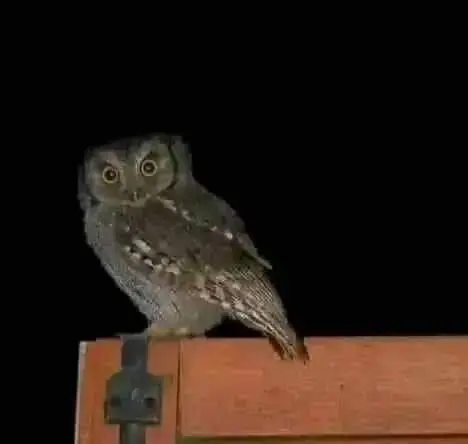
What Are Owls?
Owls are nocturnal birds belonging to the family Strigidae, and they can be found in various ecosystems across the globe. Known for their ability to hunt in the dark, these birds possess exceptional vision and acute hearing, allowing them to detect prey with incredible precision. In many cultures, the image of an owl is associated with wisdom and protection, making them a revered symbol.
There are several species of owls, such as the Common Barn Owl and the Barking Owl, each with its own habitat and unique traits, although they all share key characteristics that make them truly special.
The Role of Owls in the Ecosystem
Owls are essential for ecological balance. They act as natural pest controllers, feeding primarily on small rodents, insects, and other creatures that can be harmful to agriculture. A single owl can consume thousands of mice in a year, significantly helping to control rodent populations.
Moreover, as part of the food chain, owls also serve as prey for larger predators. Their existence is vital to maintaining equilibrium within the ecosystems they inhabit.
Owls and Their Connection to Your Home
You might be surprised to learn that the presence of owls around your home can indicate a healthy environment. These birds often choose to nest in areas with ample food and safe surroundings. Their presence can be a positive sign that your local ecosystem is balanced—something that can indirectly benefit your household.
In many cultures, owls are believed to bring good luck and are seen as protectors of the night. So, if you find an owl has chosen your home as a resting place, you might view it as a good omen. That said, it’s essential to respect wildlife and avoid disturbing them. Protecting their habitat ensures that these animals can continue to coexist peacefully with human communities.
How to Attract Owls to Your Home
If you’d like to encourage owls to visit your property, here are some tips:
-
Create a natural environment: Maintain a garden with native plants that attract insects and rodents, providing a food source for owls.
-
Install nesting boxes: Build or buy owl nesting boxes and place them in elevated, secure spots to offer safe shelter.
-
Avoid pesticides: Chemical products can harm owls and other wildlife. Choose sustainable gardening practices to keep your home owl-friendly.
Debunking Myths and Superstitions
Many superstitions surround owls—some view them as omens of bad luck or even death. However, the truth is that owls are essential for the health of our environment, particularly in controlling rodent populations. Changing the negative perception of owls can go a long way in promoting their conservation.
Conclusion
Owls are undoubtedly fascinating creatures that play a critical role in our ecosystems. Their connection to human homes should not be underestimated—they can serve as indicators of environmental health and balance. By learning about their habits, creating a suitable environment, and challenging old myths, we can foster a mutually beneficial coexistence.
If you ever encounter an owl near your home, remember its importance—not just as a pest controller, but as a night guardian watching over our wellbeing. Protecting and respecting the biodiversity around us is a responsibility we all share to ensure a sustainable future.
News in the same category


Nighttime Leg Cramps: Causes and Natural Solutions

Natural Remedies for Itching and Skin Rashes
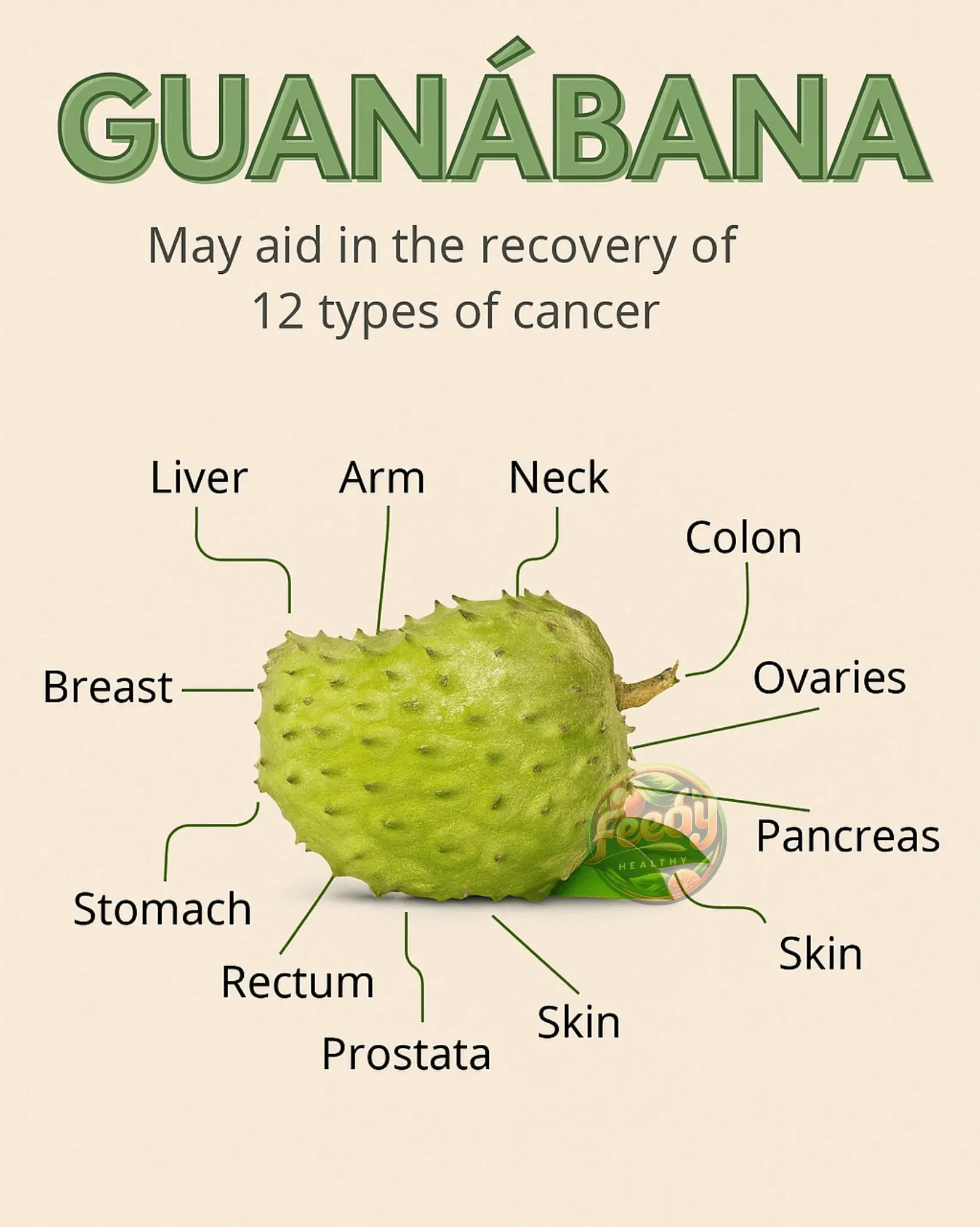
Soursop: A Miraculous Fruit to Strengthen Your Cellular Health

5 Signs Your Heart May Be in Serious Danger

Mix these seeds in oil for long thick hair

12 Warning Signs Your Blood Sugar Might Be Too Low

Why Do Some People Feel Sad After Eating White Bread?

Discover the Powers of Moringa: Traditional Recipes and Health Benefits

Benefits of Clove Tea: How to Transform Your Health One Cup at a Time
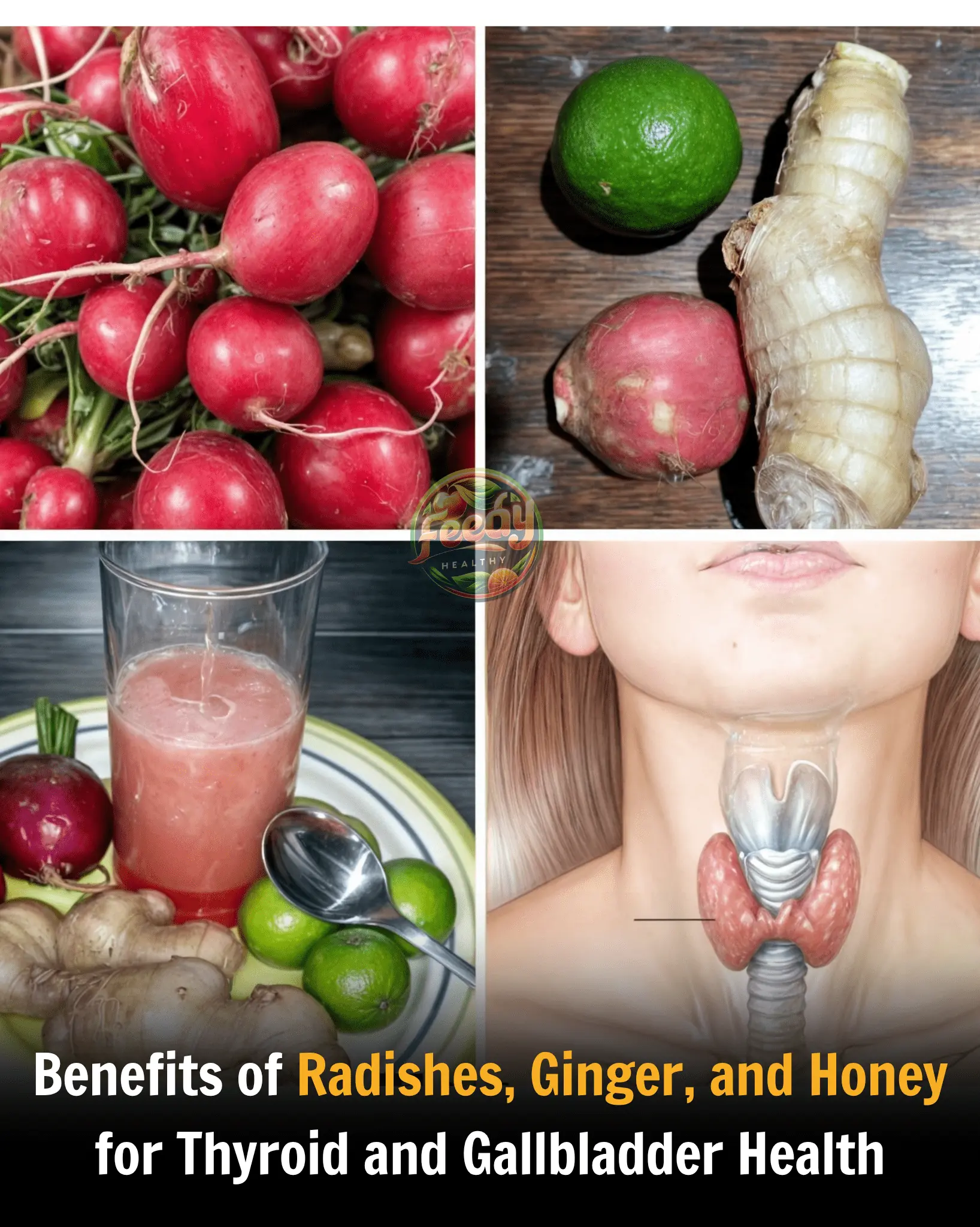
Benefits of Radishes, Ginger, and Honey for Thyroid and Gallbladder Health

Why Do Couples Start Sleeping Separately After Age 50?

The Deep Meaning of Holding Hands: Emotional Connections and Symbolism

The Power of Dates: Benefits for Your Digestive Health

Natural Power Drink to Cleanse the Liver and Blood Vessels: Just 2 Ingredients!

Dietary Adjustments to Improve Erectile Dysfunction and Premature Ejaculation: 3 Often Overlooked Fruits

The Most Harmful Drink for Your Blood Vessels – You Might Be Drinking It Every Day Without Knowing!

Symptoms to Detect Breast Cancer: What You Need to Know

Ginger Clove Shot For Glowing Skin
News Post

Man Mocked For Being With 252 LB Woman

Natural Face Lift with Cornstarch: Say Goodbye to Wrinkles Naturally! 💆♀️

Flourless Pancakes: A Fluffy and Healthy Delight
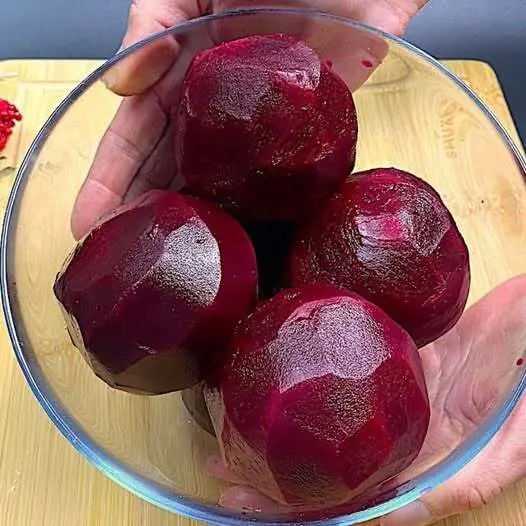
The Best Natural Collagen Boost – Do This Every Night and You’ll Be Amazed! 🌙💪 | Beetroot Collagen Recipe

Blueberry Water: A Refreshing Drink That Loves You Back

Refresh and Revitalize with Watermelon Juice and Ginger 🍉🫚

Delicious & Fresh Salad Recipe 🥗

Discover the Incredible Benefits of Beets: Recipes and Natural Remedies for Your Health

Nighttime Leg Cramps: Causes and Natural Solutions
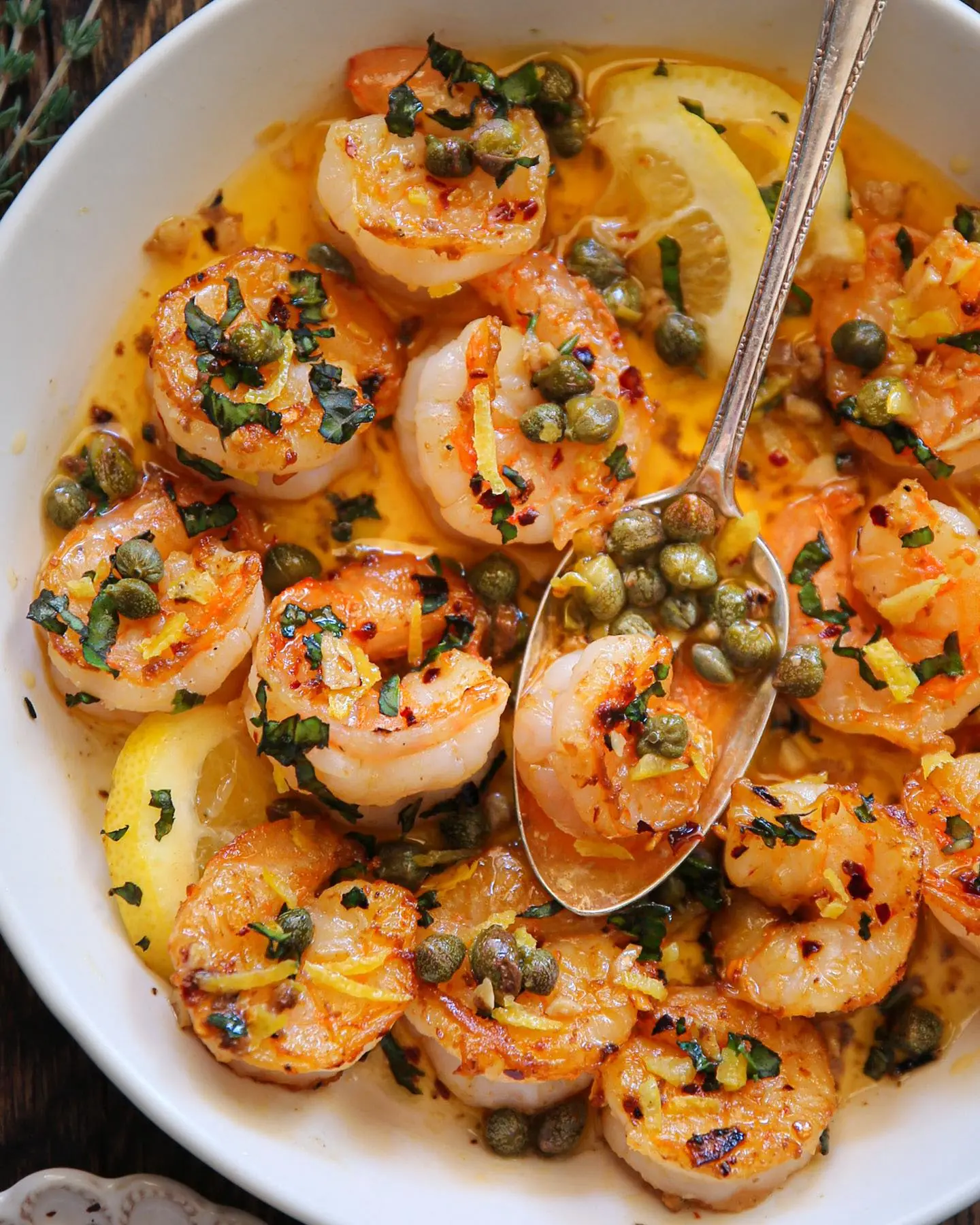
Creamy Spinach and Mushroom Gnocchi (One-Pan, 20 Minutes)

Spicy Peach Margarita

☕🍫 Heart-Shaped Mocha Mousse Cake Recipe
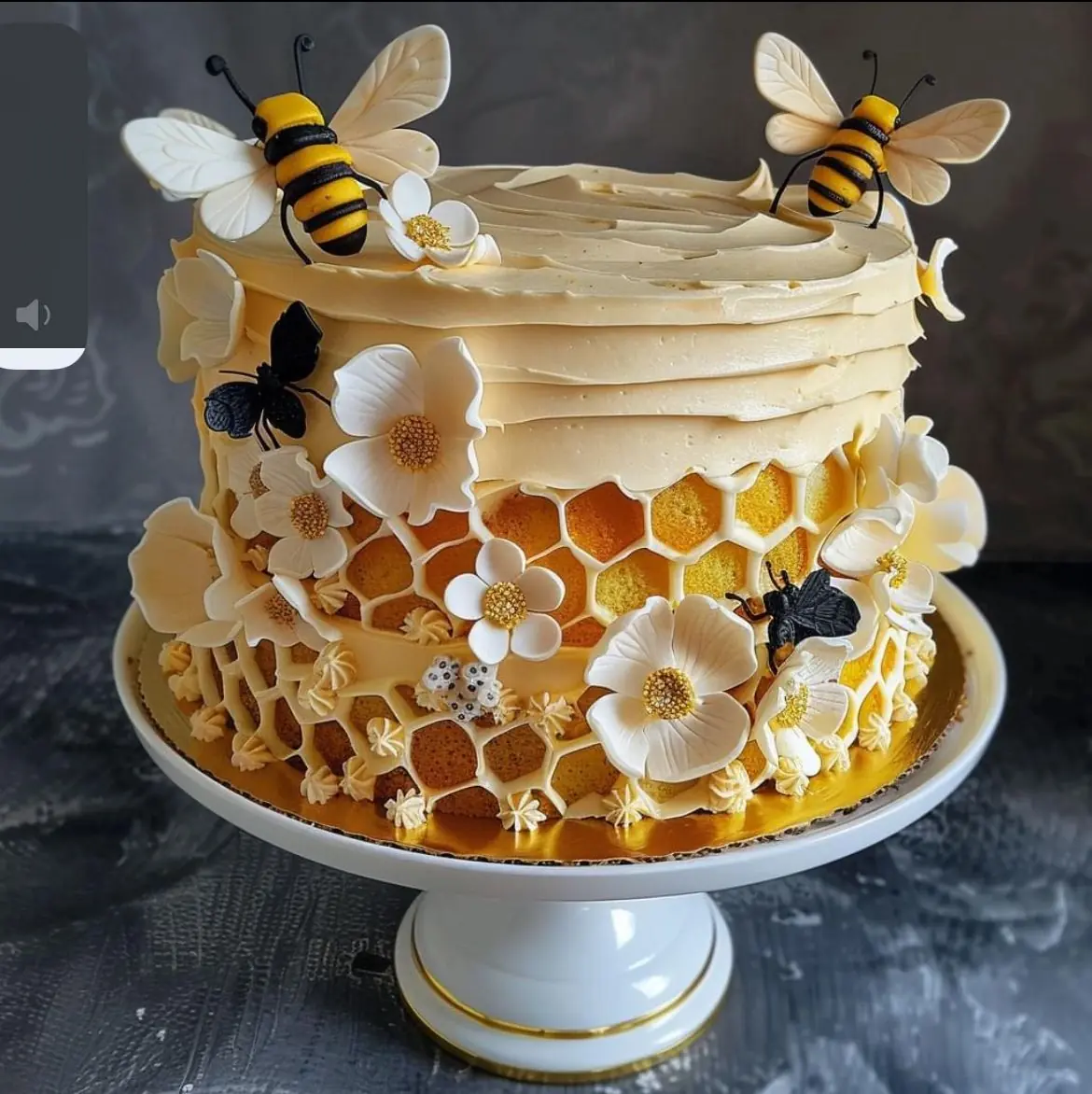
🍯 Bee-Themed Honeycomb Cake Recipe

Jelly Roll Stuns Fans with 100-Pound Weight Loss Transformation
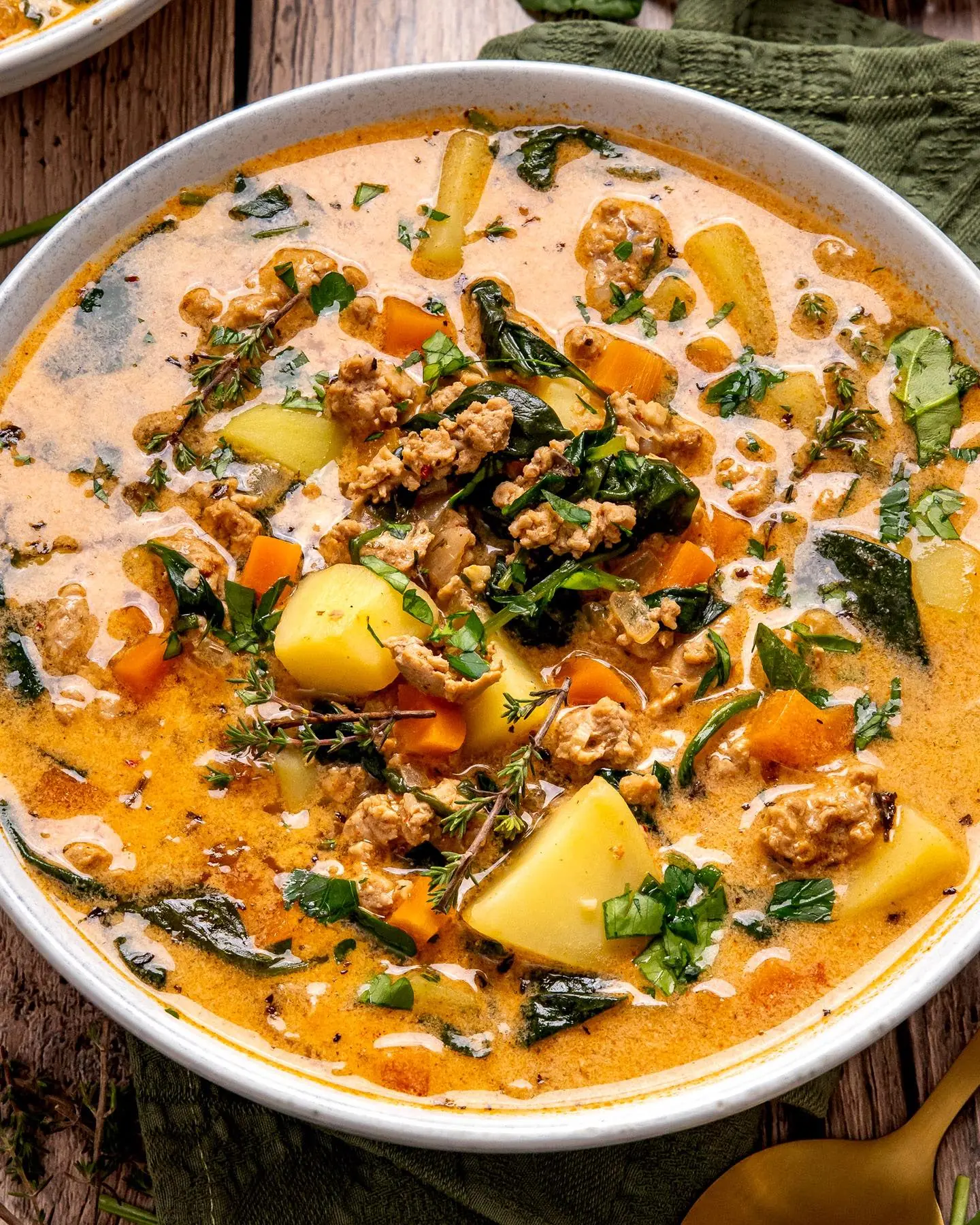
Italian Sausage Potato Soup

Natural Remedies for Itching and Skin Rashes

Soursop: A Miraculous Fruit to Strengthen Your Cellular Health

🌙💍 Moonlight Veil Cake
